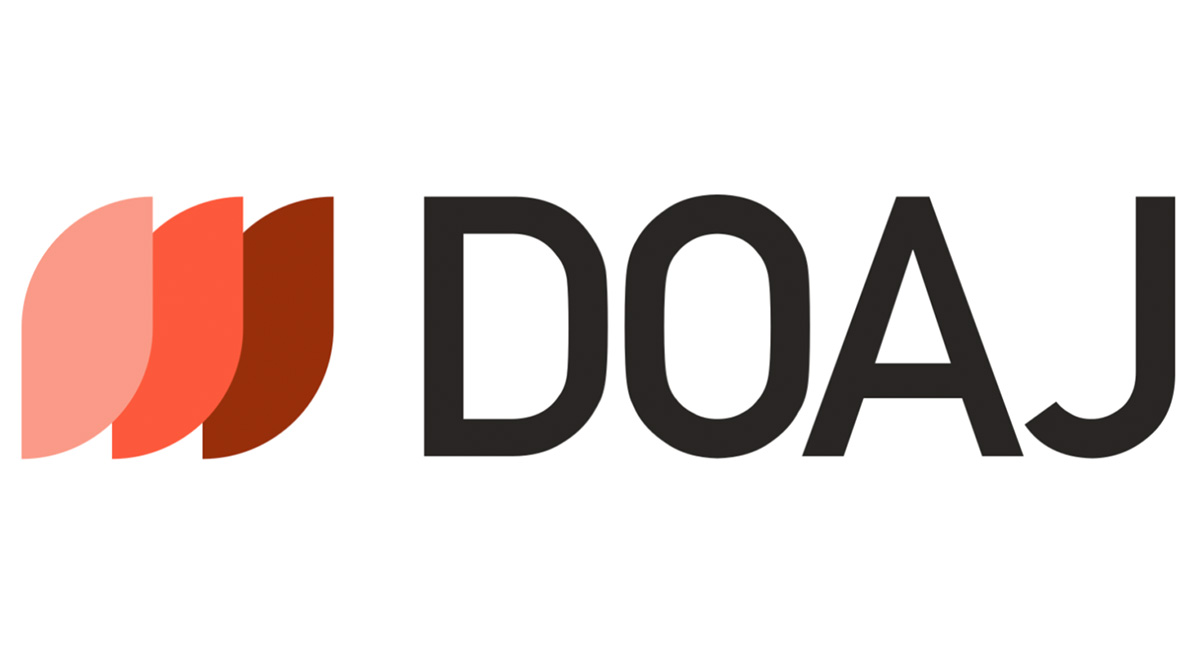Internet of Things Optimal Routing based on Markov-Reinforcement Learning Algorithm
DOI:
https://doi.org/10.31185/wjcms.271Keywords:
Internet of Things (IoT), Routing, 6LoWPAN Protocol, Markov Reinforcement Learning (MRL)Abstract
By increasing Internet of Things (IoT) development, it will face new challenges due to its application in various fields of science and industry. One of these challenges is the routing problem in communication which has many effects in various parts and the quality criteria of the IoT in communication. In this research, a new approach provide with an effective and optimal method for routing in the IoT, which will use 6LoWPAN as the default protocol. This protocol has qualitative weaknesses and its goal is to improve and extend it as much as possible with the Markov Reinforcement Learning (MRL). Improving power consumption and reducing energy beside quality of services criteria optimization is the main targets of this approach. The results represented the improvement of the proposed approach compared to other similar protocols such as Z-WAVE and Zig Bee and the classic 6LoWPAN protocol.
Downloads
References
Buyya, Rajkumar, and Dastjerdi, Amir Vahid. (2016). Internet of Things. 1st Edition, Principle and Paradigms, Morgan Kaufmann, 378 pages.
Raghunath, Bane Raman, and Mahadeo, Shivsharan Nitin. (2011). Network Intrusion Detection System (NIDS). First International Conference on Emerging Trends in Engineering and Technology, pp. 1272-1277.
Baumann, R. Heimlicher, S. Strasser, M. and Weibel, A. (2007). A survey on routing metrics. February 2007.
Pan, Meng-Shiuan, and Yang, Shu-Wei. (2017). A lightweight and distributed geographic multicast routing protocol for IoT applications. Computer Networks, 2017, Vol. 12, pp. 95-107.
Baumann, R. Heimlicher, S. Strasser, M. and Weibel, A. (2007). A survey on routing metrics. February 2007.
Pan, Meng-Shiuan, and Yang, Shu-Wei. (2017). A lightweight and distributed geographic multicast routing protocol for IoT applications. Computer Networks, 2017, Vol. 12, pp. 95-107.
Jin, Yichao, Gormus, Sedat, Kulkarni, Parag, and Sooriyabandara, Mahesh. (2016). Content centric routing in IoT networks and its integration in RPL. Computer Communications, Internet of Things: Research challenges and Solutions, Vol. 89-90, pp. 87-104.
Kharkongor, Carynthia, Chithralekha, T. and Varghese, Reena. (2016). A SDN Controller with Energy Efficient Routing in the Internet of Things (IoT). Procedia Computer Science, Twelfth International Conference on Communication Networks, ICCN 2016, August 19– 21, 2016, Bangalore, India Twelfth International Conference on Data Mining and Warehousing.
Krishna, G. Gautham, Krishna, G. and Bhalaji, N. (2016). Analysis of Routing Protocol for Low-power and Lossy Networks in IoT Real Time Applications. Procedia Computer Science, Fourth International Conference on Recent Trends in Computer Science & Engineering (ICRTCSE 2016), Vol. 87, pp. 270-274.
Badenhop, Christopher W. Graham, Scott R. Ramsey, Benjamin W. Mullins, Barry E. and Mailloux, Logan O. (2017). The Z-Wave routing protocol and its security implications. Computers & Security, 2017, Vol. 68, pp. 112-119.
Almobaideen, Wesam, Krayshan, Rand, Allan, Mamoon, and Saadeh, Maha. (2017). Internet of Things: Geographical Routing based on healthcare centers vicinity for mobile smart tourism destination. Technological Forecasting and Social Change, 2017, In Press, Corrected Proof.
Mohammad Aazam, Sherali Zeadally, Khaled A. Harras. (2018). Offloading in fog computing for IoT: Review, enabling technologies, and research opportunities. Future Generation Computer Systems, Vol. 87, pp. 278-289.
Mauro Tortonesi, Marco Govoni, Alessandro Morelli, Giulio Riberto, Niranjan Suri. (2018). Taming the IoT data deluge: An innovative information-centric service model for fog computing applications. Future Generation Computer Systems, In press, corrected proof, Available online 15 June 2018.
Bidyut Mukherjee, Songjie Wang, Wenyi Lu, Roshan Lal Neupane, Prasad Calyam. (2018). Flexible IoT security middleware for end-to-end cloud–fog communication. Future Generation Computer Systems, Vol. 87, pp. 688-703.
PeiYun Zhang, MengChu Zhou, Giancarlo Fortino. (2018). Security and trust issues in Fog computing: A survey. Future Generation Computer Systems, Volume 88, November 2018, Pages 16-27.
Bahar Farahani, Farshad Firouzi, Victor Chang, Mustafa Badaroglu, Kunal Mankodiya. (2018). Towards fog-driven IoT eHealth: Promises and challenges of IoT in medicine and healthcare. Future Generation Computer Systems, Vol. 78, Part 2, pp. 659-676.
Yan Sun, Fuhong Lin, Nan Zhang. (2018). A security mechanism based on evolutionary game in fog computing. Saudi Journal of Biological Sciences, Vol. 25, Issue 2, pp. 237-241.
Jianbing Ni, Kuan Zhang, Xiaodong Lin. (2017). Securing Fog Computing for Internet of Things Applications: Challenges and Solutions. IEEE Communications Surveys & Tutorials, Vol. 20, Issue 1.
Binara N. B. Ekanayake, Malka N. Halgamuge, Ali Syed. Review: Security and Privacy Issues of Fog Computing for the Internet of Things (IoT). Cognitive Computing for Big Data Systems over IoT, pp. 139-174.
R. Rapuzzi, and M. Repetto. (2018). Building situational awareness for network threats in fog/edge computing: Emerging paradigms beyond the security perimeter model. Future Generation Computer Systems, Vol. 85, pp. 235-249.
Cong Zuo, Jun Shao, Guiyi Wei, Mande Xie, and Min Ji. (2018). CCA-secure ABE with outsourced decryption for fog computing. Future Generation Computer Systems, Vol. 78, Part 2, pp. 730-738.
Rodrigo Roman, Javier Lopez, and Masahiro Mambo. (2018). Mobile edge computing, Fog et al.: A survey and analysis of security threats and challenges. Future Generation Computer Systems, Vol. 78, Part 2, pp. 680-698.
Ola Salman, Imad Elhajj, Ali Chehab, and Ayman Kayssi. (2018). IoT survey: An SDN and fog computing perspective. Computer Networks, Vol. 143, pp. 221-246.
Alexandre Viejo, and David Sánchez. (2018). Secure and Privacy-Preserving Orchestration and Delivery of Fog-Enabled IoT Services. Ad Hoc Networks, In press, accepted manuscript, Available online 15 August 2018.
Downloads
Published
Issue
Section
License
Copyright (c) 2024 Jamal M.Ali Radha, Raza Y. Abdulrahman

This work is licensed under a Creative Commons Attribution 4.0 International License.





